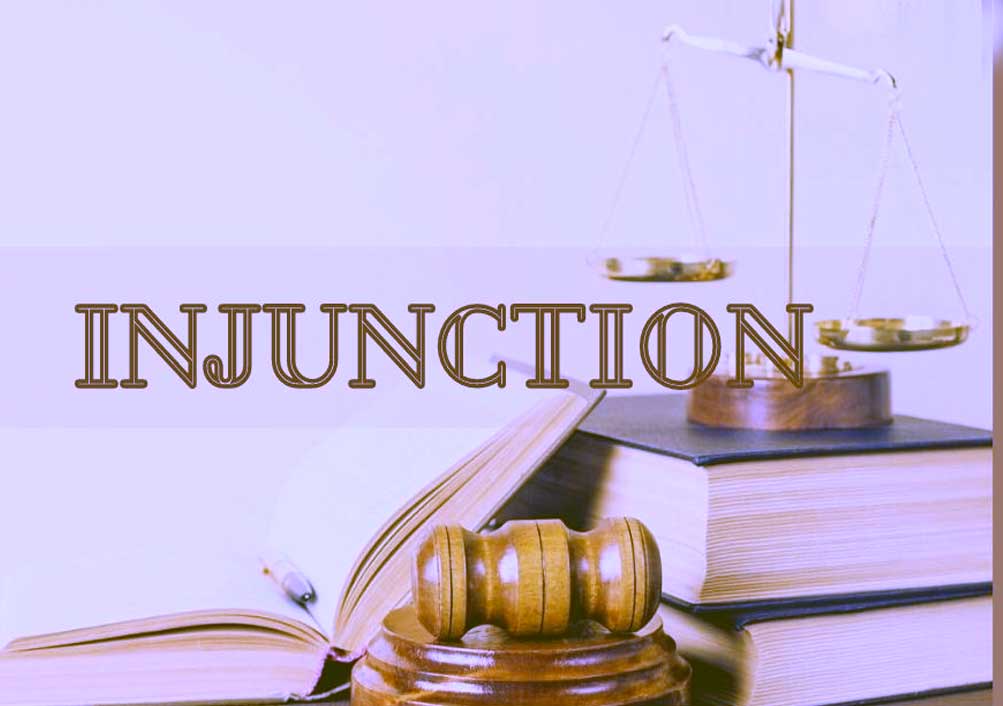Relying on settled law that Court should not hesitate to grant injunction where irreparable loss is made out, P&H HC comes to aid of man in rightful possession of his property

Read Order: Parveen Kumar v. Jagdish Singh and Others
Monika Rahar
Chandigarh, March 15, 2022: While relying on the judgments of Supreme Court in Maharwal Khewaji Trust (Regd.), Faridkot v. Baldev Dass, Civil Appeal No.6792 of 2004 and Dalpat Kumar versus Prahlad Singh, Civil Appeal Nos. 5054 and 5055 of 1991 wherein it was held that where irreparable loss is made out, the Court should not hesitate to grant an injunction, the Punjab and Haryana High Court grants relief of injunction to the petitioner who paid sale consideration and within his legal rights, he started developing the property.
The Bench of Justice Fateh Deep Singh held in this regard, “The claim of the petitioner’s side as to having paid the amount and having been given possession to develop the property are strong indicators that after securing money upon the agreement, he was authorized to do so and carry on such activities and, therefore, if the opposite side interferes in his carrying on of such activities, certainly would result in irreparable loss and injury.”
Challenge in this petition was to an order of the Trial Court whereby the Court below through the impugned findings refused to grant ex parte stay order and consequently, issued notice to the defendants.
Here, the petitioner and the respondents entered into an agreement to sell in respect of a property duly described and depicted in the agreement. A part of the total consideration was received on the very same day through a receipt. The terms and conditions of this agreement were duly incorporated therein. Under this agreement, the second party was handed over the possession to facilitate and enable them to carve out plots, lay roads and all acts commensurate therewith. It was further agreed that within a period of one year of this agreement, sale deed/deeds would be executed.
Subsequently, a dispute arose between the parties compelling the petitioner-Parveen Kumar to file a suit for a permanent injunction restraining the defendants, their agents et cetera from transferring the land subject matter of the agreement or creating any rights thereon or alienating it in any manner, whatsoever. In the said suit, a stay application was moved upon which the impugned findings were made.
After considering the factual situation, the Court observed that the petitioner who was the second party in the agreement was within his right to enter into an agreement to sell or develop the property in the manner so necessitated and the possession of the property for development purposes of a colony was handed over allowing the second party to lay down roads, carve out plots and carry on such activities.
Further, the Court noted that the photographs annexed by the plaintiff were illustrative of laying of roads, installation of electric poles and so on and so forth and therefore, was deemed to be in legal and permissible possession of the land, the subject matter of the agreement.
On the decision and the approach adopted by the lower Court, the High Court opined that the lower Court has run into an error and purely on the reasons that it is not inclined to grant ex parte stay without listening to the other party has refused it so, rather is suggestive that it is not an exercise of judicial discretion which was necessitated in such an eventuality but a purely emotional approach by the Court.
The Court also adjudged that the petitioner’s claim on paying the amount and giving possession to develop the property were strong indicators that after securing money upon the agreement, he was authorized to do so and carry on such activities and, therefore, if the opposite side interferes in his carrying on of such activities, certainly would result in irreparable loss and injury.
In light of the same, the impugned order was set aside and the respondents were restrained to interfere in the property subject matter of this agreement except in due course of law.
Sign up for our weekly newsletter to stay up to date on our product, events featured blog, special offer and all of the exciting things that take place here at Legitquest.




Add a Comment